Podcast
Discover real stories of personal resilience and growth in the Mindarma podcast series. Journalist Dean Yates speaks with workers in some of the world’s most challenging occupations about work, life and how they take care of their own mental health. This podcast is a companion to our online evidence-based resilience training program, Mindarma which is supporting thousands of workers worldwide. Host: Dean Yates. Sound Editor: Jason Myatt. Producer: Dr. Sadhbh Joyce.
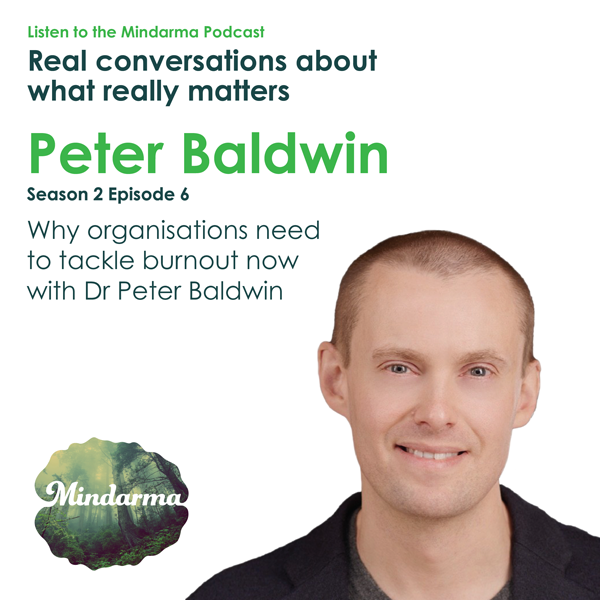
Why organisations need to tackle burnout now with Dr Peter Baldwin
Our next guest on the Mindarma podcast is Dr. Peter Baldwin, a clinical research fellow and clinical psychologist at The Black Dog Institute. Peter is an expert on burnout, a poorly understood condition that has received growing attention during the COVID-19 pandemic.
While burnout is not a diagnosable mental illness, it is having a major impact on workers in occupations as diverse as healthcare, emergency services, legal, journalism, childcare and teaching.
Indeed, Peter manages a Black Dog Institute service that is allowing Australian health professionals to remain anonymous when seeking help for burnout or mental illnesses such as depression and PTSD. The service — called The Essential Network — has been running for two years and has already been accessed by 10,000 health workers. Interviewing Peter is Dean Yates, who we’re delighted to share has re-joined us as host of the Mindarma podcast. We hope you enjoy the episode.
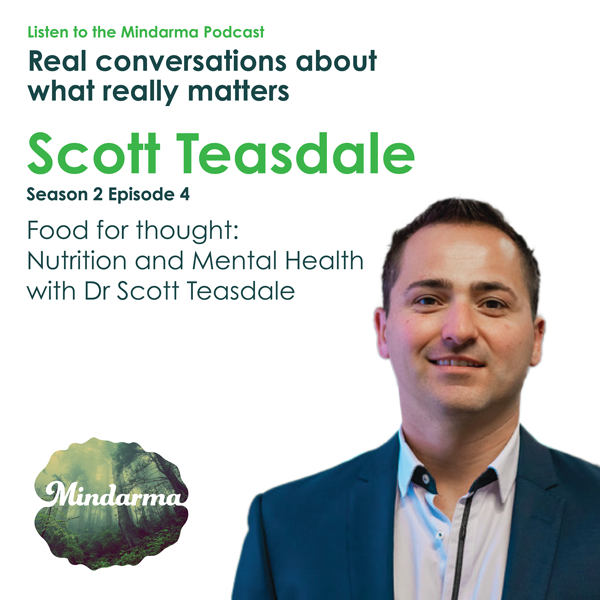
Food for thought: Nutrition and Mental Health with Dr Scott Teasdale
Dr Scott Teasdale is an Accredited Practising Dietitian and Postdoctoral Research Fellow with UNSW Sydney, within the Mindgardens Neuroscience Network in Australia.
As a clinical dietitian and researcher, he helped build a dietetic service (as part of a broader lifestyle program) from pilot to routine clinical care across a mental health service in Sydney.
Dr Teasdale currently focuses on a broad range of real world effectiveness and implementation research that aim to reduce the health disparities experienced by people living with mental illness. In this interview Scott shares his research insights on the relationship between nutrition and mental health.
Resources and references mentioned in this podcasts are outlined on the Mindarma website.
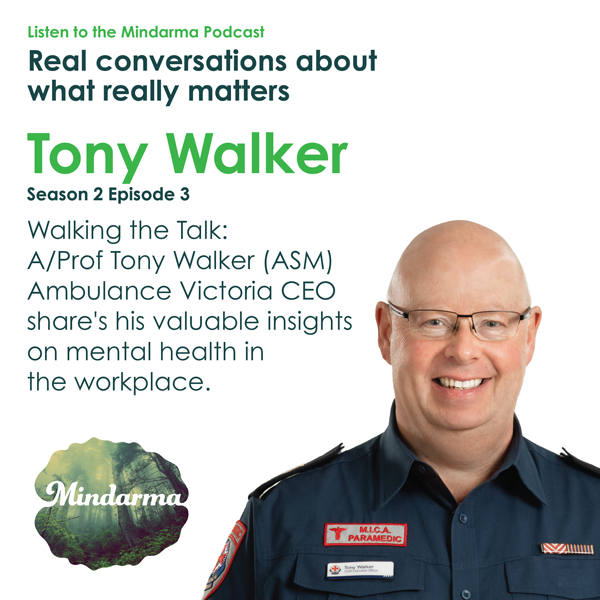
Tony Walker (ASM): Workplace Mental Health, Walking the Talk
Tony Walker ASM is the Chief Executive Officer at Ambulance Victoria. Tony is a Registered Paramedic with over thirty-five years’ experience working in a range of senior clinical, operational and leadership roles within the ambulance sector. Over the past six years he has led significant transformation at Ambulance Victoria to improve the health and wellbeing of their workforce and the response they provide to the community.
Tony also holds an adjunct appointment as Associate Professor in the College of Health and Biomedicine at Victoria University and is a Fellow of the Australian College of Paramedicine. Tony is also a Non-Executive Director of the Emergency Services Foundation, the Australasian Council of Ambulance Authorities and the Prostate Cancer Foundation of Australia.
Tony is a recipient of the Ambulance Service Medal (ASM) for his contribution to the development of ambulance services at a state and national level . He has also been awarded the Australian Resuscitation Council Medal for his significant contributions to improving resuscitation practice and outcomes. He was recently a finalist for the Australian Mental Health Prize in 2019 in recognition of his work in improving paramedic mental health and wellbeing.
When it comes to workplace mental health, Tony Walker is one leader who is wholeheartedly walking the talk. It was a pleasure to speak with Tony about his career as a paramedic and why protecting the mental health of his workforce is at the top of his agenda as a leader. We hope you enjoy this candid interview with the authentic and inspiring Associate Professor Tony Walker.
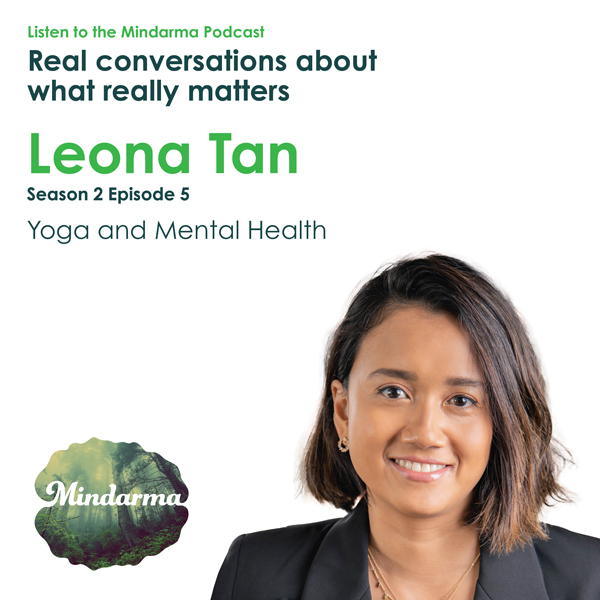
Yoga and mental health
We’re delighted to share that our next guest on the Mindarma Podcast is Leona Tan. Leona is a Senior Research Officer at the Black Dog Institute.
In the past decade, Leona has authored notable publications on workplace mental health and her research has influenced organisational policies across numerous industries.
Her excellence in research has been recognised by many competitive awards including the 2021 John Raftery Early Career Award for Research in Traumatic Stress.
Leona is also an experienced yoga teacher. She is currently completing her PhD on how mind and body interventions like the practise of yoga can prevent the development of trauma-related mental disorders in first responders.
The tradition and practice of yoga has a rich and vibrant history which originated in ancient India over 6000 years ago – although truth be told it may well be older than this.
The practise of yoga is deeply connected to ancient Vedic philosophy and the spiritual traditions of hinduism, buddhism and Jainism. In the 1950s, 60s and 70s, teachers from India brought yoga and meditation practises to the west and it’s popularity as a holistic approach to nourishing and supporting overall wellbeing has grown steadily ever since.
For Leona and I, Yoga is certainly one of our shared passions and we have both witnessed the tremendous positive impact this practise has had on our own wellbeing as we as well as those we have been fortunate enough to shared this practise with over the years.
While there are many aspects of yoga from pranayama (focused breathing) to Bhakti (devotional practise), in this podcast Leona shares specific research insights on the psychological benefits of yoga asanas (postures performed during a yoga practise) and the practise of meditation. We hope you enjoy this interview with brilliant and insightful Leona Tan.
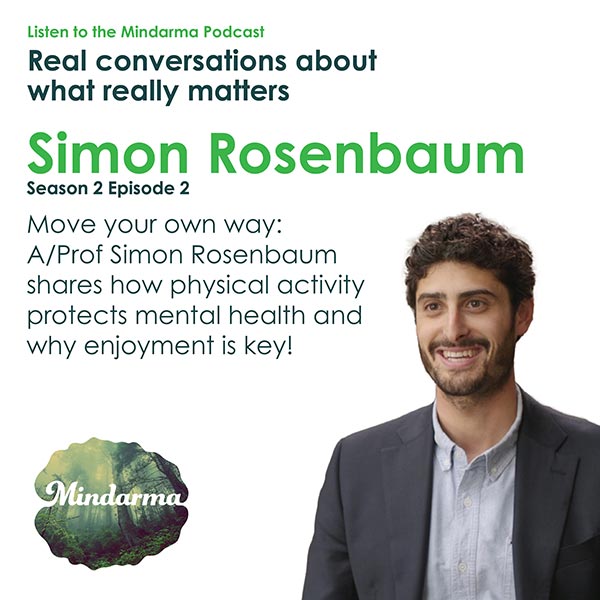
Move your own way: A/Prof Simon Rosenbaum shares how physical activity protects mental health and why enjoyment is key!
Our next guest on the Mindarma Podcast is Scientia Associate Professor Simon Rosenbaum. Simon works at the School of Psychiatry at the UNSW in Sydney, and is an honorary fellow at the Black Dog Institute. Simon’s research focuses on physical activity, mental illness, sport for development and global mental health. Simon has worked with a variety of groups including youth, veterans, emergency service workers and refugees. Simon has published over 180 peer-reviewed publications including a textbook titled Exercise-Based Interventions for Mental Illness. He is most certainly one of the world’s leading experts in the field of physical activity and mental health.
Simon serves as an elected national director of Exercise and Sports Science Australia, he is the President Elect of the Australasian Society for Traumatic Stress Studies and he co-chairs the Olympic Refuge Foundation’s think tank on sport and humanitarian settings.
He has led international research and capacity building projects, including working in the Rohingya refugee crises in Bangladesh. Simon is an incredibly passionate and genuine person and I am truly delighted that he took some time to share his research insights and wisdom with us. We hope you enjoy the podcast.
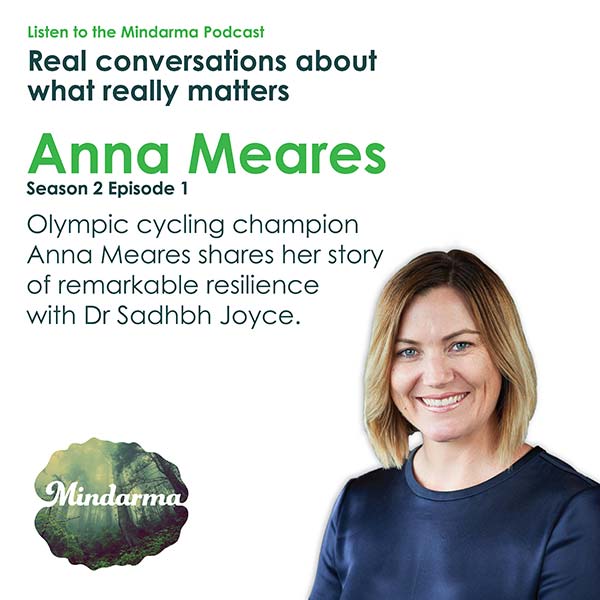
Olympic cycling champion Anna Meares shares her story of remarkable resilience.
As a track cyclist Anna Meares had a remarkable career. Anna holds the equal record for world championship wins, with 11 titles to her name. She is also the first Australian to win medals in different events over four Olympics, including gold in both Athens and London. For Anna another major career highlight came in 2016, when she was awarded the honour of being the flag bearer for the Australian team at the Rio Olympics.
While the public has witnessed the many highlights of Anna’s career, in her autobiography ‘Now’ Anna shines a light on the challenges she experienced along the way. In 2008, Anna suffered a broken neck in a race fall, yet worked her way back to win a silver medal just seven months later at the Beijing Olympics. As she approached her final Olympics Anna would have to contend with serious injury, a marriage breakdown and the illness of her coach Gary West, who was later diagnosed with motor neurone disease.
While Anna’s retirement in 2016 freed her from the relentless responsibilities of being a professional athlete, it also created many new challenges. In recent years Anna has forged new pathways towards a life of purpose, balance and joy. We hope you enjoy this wonderful conversation with the humble and indomitable Anna Meares.
Read more about Anna’s powerful story in her recently published autobiography “Now: sometimes the end of the race is only just the beginning“.
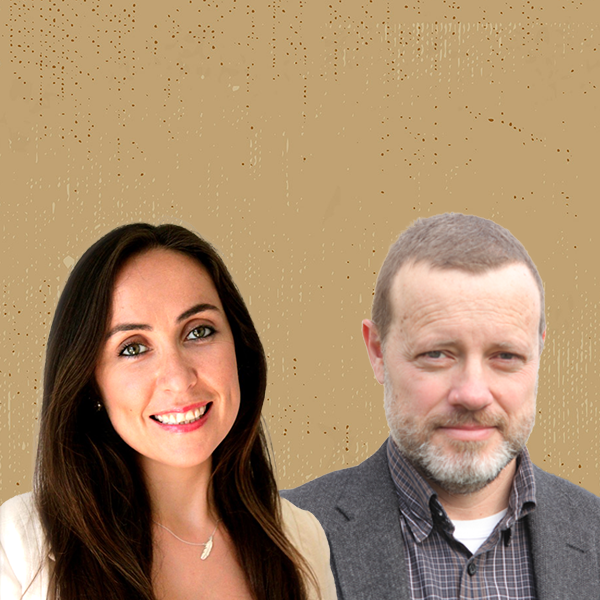
Episode 8 with Dr Sadhbh Joyce on resilience, the research, the practice… and the myths!
Hello. It’s Dean Yates here, host of the Mindarma podcast. My next – and final guest — for this year is Dr. Sadhbh Joyce.
I was delighted when Sadhbh and her husband Jamie Watson, the co-founders of Mindarma, invited me to host this podcast series. It seems fitting to finish with a chat with Sadhbh.
What struck me when I met Sadhbh a few years ago was her extraordinary knowledge of workplace mental health, combined with a passion and empathy I’d never encountered from someone in this field before.
Sadhbh has played a key role in much of the ground-breaking academic research in Australia into workplace mental health. She did her PhD on mindfulness-based resilience training for emergency services personnel. She has a Master’s degree in Clinical Neuropsychology and holds an adjunct lecturer position at The Black Dog Institute and UNSW.
She has also treated people with work-related psychological injury and trauma in her private practice for more than a decade. And she worked on The Royal Commission into Institutional Responses to Child Sexual Abuse, supporting survivors and commission staff.
It is all this experience that gives Sadhbh a rare insight into workplace mental health. I hope you enjoy this podcast, which focuses on resilience, and a little bit of Sadhbh’s personal journey.
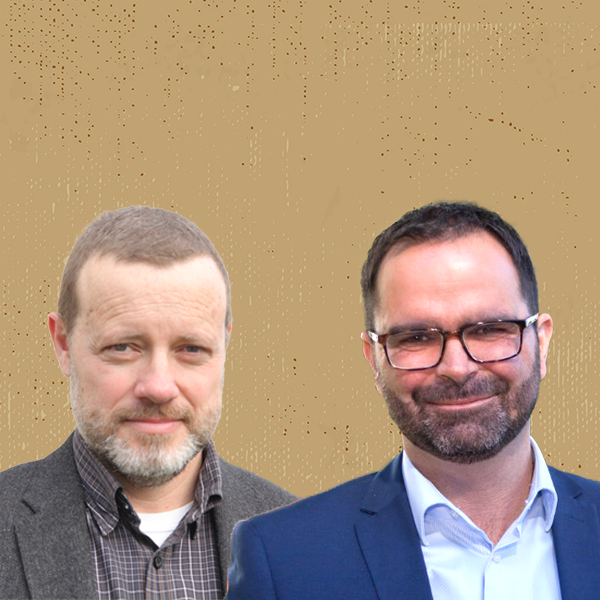
Episode 7 with Associate Professor Samuel Harvey, Chief Psychiatrist at the Black Dog Institute
Our next guest on the Mindarma podcast is Associate Professor Sam Harvey, chief psychiatrist at the Black Dog Institute and head of the Workplace Mental Health Research Team at the University of New South Wales.
Sam is one of the world’s leading workplace mental health experts. Much of the ground-breaking workplace mental health research to come from Australia in the past decade has involved Sam. His advice is sought by governments, first responder organisations and the private sector. Sam also still practises as a psychiatrist and is incredibly passionate about mental health. We’re delighted that Sam can join us to share his insights and advice on creating mentally healthy workplaces.
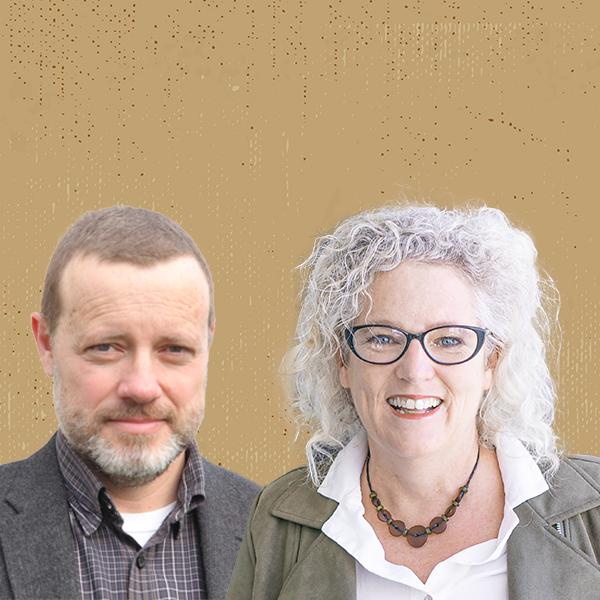
Episode 6 with Marian Spencer, Head of People and Culture at the Black Dog Institute
Our next guest on the Mindarma podcast is Marian Spencer, head of people and culture at the Black Dog Institute, a globally renowned medical organisation that researches every aspect of mental health. The Black Dog Institute translates that research into practical solutions for individuals, schools, organisations and governments.
Marian has worked for 20 years in general and human resource management in the not-for-profit sector in London and Sydney. She believes in prioritising the human element of HR.
With Marian heading people and culture, The Black Dog Institute has won Employee of Choice awards for the past three years. It also won the 2019 Alan Fels Mental Health Award, which noted that more than 50 percent of The Black Dog Institute’s 200 employees had disclosed a lived experience of mental illness.
We’re delighted that Marian is with us today to share her valuable insights in placing the wellbeing of human beings at the heart of HR.
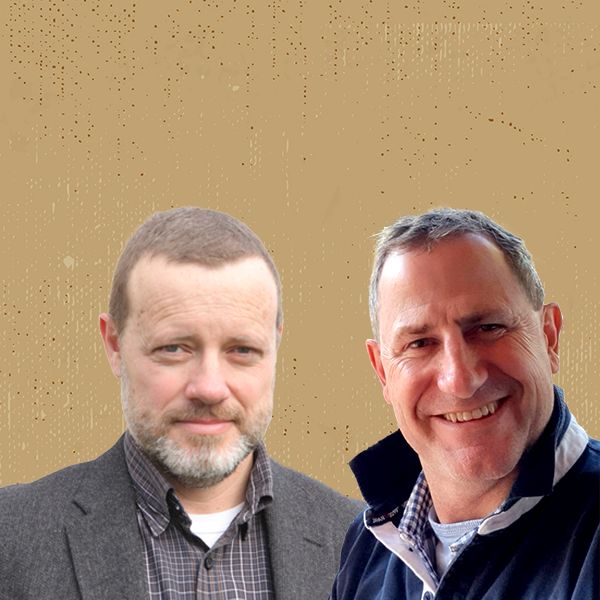
Episode 5 with plane crash survivor Guy “Digger” Boland
Our next guest on the Mindarma podcast is Guy Boland.
Guy survived a light plane crash near Moree airport in March 2011 that killed his parents and older sister. The pilot of the six-seater plane was also killed. Guy suffered life-threatening injuries while his daughter Hannah was seriously hurt.
Guy had more than 25 operations in the hospital over the following years. He managed to recover enough to take over the running of the farming and petroleum businesses that his parents had managed around Moree. Guy runs those operations, splitting his time from his home in Brisbane and Moree.
Guy’s story is one of amazing resilience. In 2018, he climbed Mount Kilimanjaro in Tanzania with his eldest son. Every year Guy also joins a group of friends he went to Sydney University within the late 1980s to go bushwalking, usually in Tasmania.
One of those friends is Dean Yates, host of this podcast. In this episode, Guy shares his remarkable story of survival with Dean and how hope, love, and friendship played an integral role to his recovery and wellbeing.
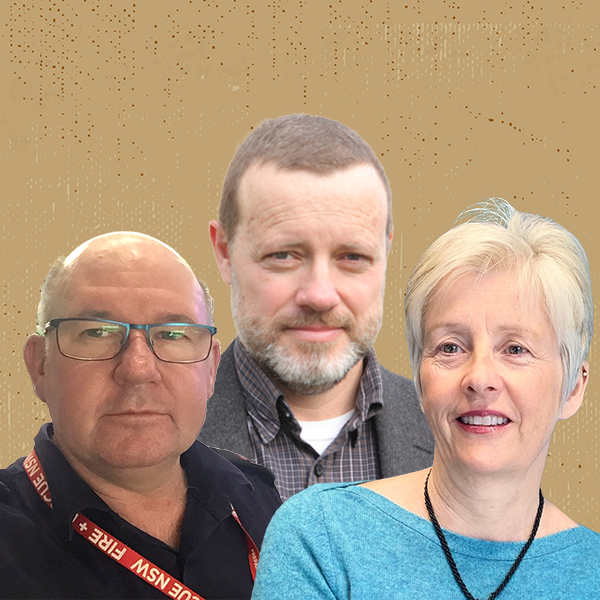
Episode 4 with Peer Supporters Senior Firefighter John McGarvey (FRNSW) and Editorial Manger Pauline Askin (Reuters)
Our next Mindarma podcast features two guests, John McGarvey and Pauline Askin, who talk about their roles as peer supporters in the organisations they work for.
John is a senior firefighter at Fire & Rescue NSW (FRNSW) and has been a member of the FRNSW peer network for over 10 years. John is also a Mental Health First Aid Instructor. FRNSW has had a peer support network for nearly 30 years, one of the oldest among first responder organisations in Australia. It currently has 60 active peers.
Pauline is the editorial office manager in Sydney for Reuters, the world’s largest news provider. Pauline joined the Reuters peer support network in 2016, a year after it was established. Reuters has 59 peers across the globe from a multitude of cultures and backgrounds.
While peer networks are well established in police and emergency services, they have yet to take hold in other sectors more broadly despite growing evidence that they can be a pillar of mental health support to employees.
Today John and Pauline speak with Dean Yates about the important role peer support networks play in their organisations.
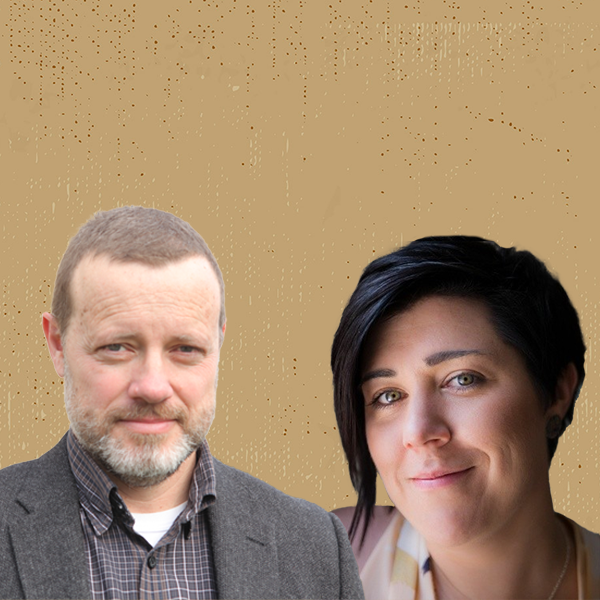
Episode 3 with YFoundations CEO Pam Barker
Our next guest on the Mindarma podcast is Pam Barker, CEO of YFoundations, a not-for-profit organisation supporting young people in NSW at risk of, and experiencing, homelessness. Yfoundations is the peak body representing such youth in the state.
Pam brings enormous knowledge, wisdom and passion in advocating for the homeless. Indeed, Pam herself was in and out of homelessness in Queensland for five years — from the age of 14. This had a major impact on her education and wellbeing. She encountered significant stigma and prejudice.
But Pam refused to believe school teachers who said she’d amount to nothing. She’s built a career across the not-for-profit and community sector, working also with young people in the LGBTIQ community and other marginalised groups.
Pam is on various boards including Wayahead Mental Health Association NSW, a community-based organisation educating people and linking them to services and resources. Pam is also completing her undergraduate psychology degree part-time, specialising in youth. Pam Barker is definitely one of the most resilience people we’ve had the pleasure of meeting. She an extremely passionate advocate for mental health – we hope you enjoy her inspiring story of perseverance and resilience.
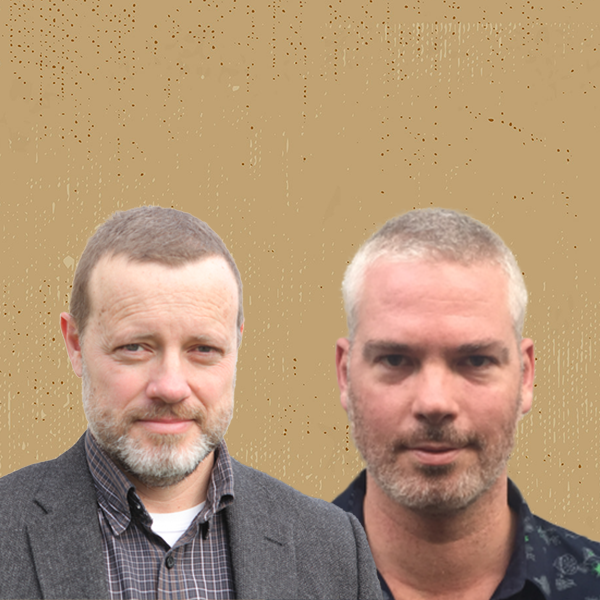
Episode 2 with Senior Lawyer Miles Hunt
In this podcast, Dean Yates talks to Miles Hunt about his decade-long career as a personal injury lawyer representing employees with psychological injury claims. As Miles explains, it was persistent bullying he experienced at school that instilled in him a desire to fight injustice.
Miles paints an ugly picture of how organisations treat staff who suffer bullying, sexual harassment, or other mental health issues in the workplace. He talks about the catastrophic consequences for victims of workplace psych injury. Miles also offers excellent advice for organisations wanting to create a safer workplace and look after the mental health of their staff.
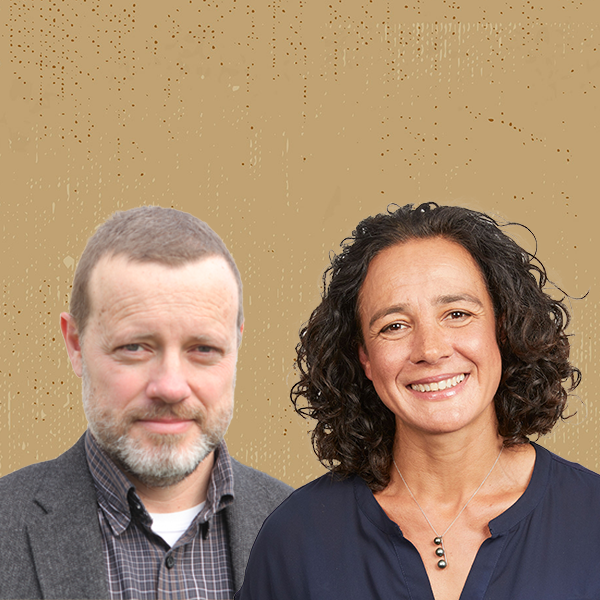
Episode 1 with Senior Firefighter Tara J Lal
In our first Mindarma podcast, Dean Yates talks to Senior Firefighter, author and PhD Scholar Tara J Lal.
Tara is a full-time firefighter in Sydney. She helps run the psychological wellbeing program for Fire & Rescue NSW. She is trained in suicide prevention and mental health first aid.
Tara is extremely passionate about mental health. She is now half-way through a PhD, in which she is researching how firefighters cope with the tragic suicides they encounter on the job. When someone suicides, Fire and Rescue usually get called. Tara wants to understand how firefighters make sense of it all.
Tara’s family history has shaped who she is today. Born in London, some of Tara’s earliest memories are of the crippling mental illness her father has suffered all his life. When she was eight, Tara’s mother was diagnosed with cancer and died five years later. At the time, Tara turned to her sensitive fifteen-year-old brother Adam for support. Adam was grieving silently, pouring his thoughts into a series of diaries. Four years after their mother died, in his first semester at Oxford University, Adam took his own life.
Tara coped by keeping busy. By travelling. By never stopping. But her family trauma caught up with her. Tara spent many years trying to understand this trauma. Building her resilience. Finding meaning in life. That culminated in 2015 with the publication of her powerful memoir: Standing on my Brother’s Shoulders: Making Peace with Grief and Suicide. In this podcast Tara shares her valuable insights on building personal resilience in the face of adversity and trauma.
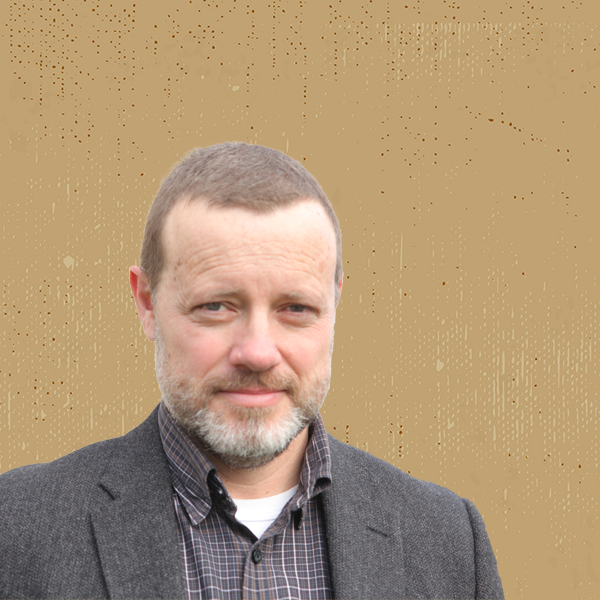
Introducing the Mindarma Podcast and our Host Dean Yates
Welcome to the Mindarma Podcast Series – real conversations about what really matters. Hear what’s coming up in our first series and a little background on our host Dean Yates.